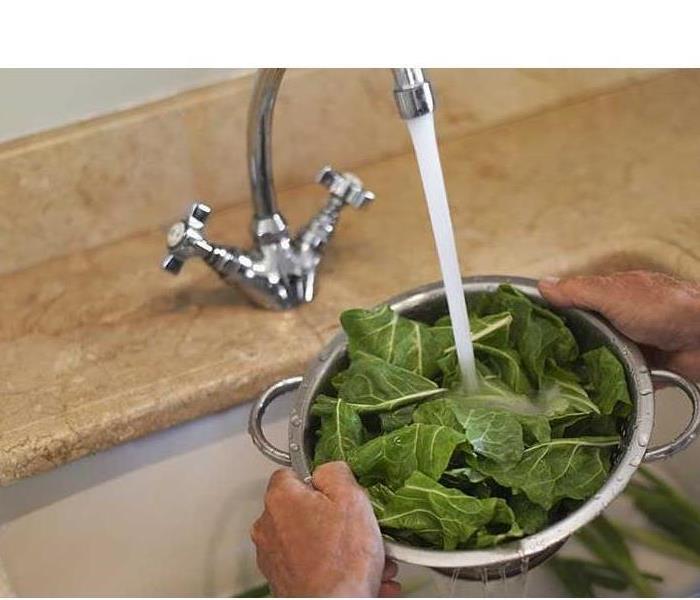Is Lead Lurking in Your Tap Water?
3/19/2018 (Permalink)
 Your drinking water may not be as safe as you think especially if your home has lead plumbing. Corrosion in your home's plumbing and water-supply syst
Your drinking water may not be as safe as you think especially if your home has lead plumbing. Corrosion in your home's plumbing and water-supply syst
Know the risks
Lead can affect family members differently depending on their age and development. Children and pregnant women are most at risk.
- Infants: Delays in physical and mental abilities
- Children: Brain and nervous system damage, behavioral and learning problems, lower IQ, issues with hearing, slowed growth and anemia
- Adults: Nervous system impairment, high blood pressure, hypertension, kidney problems, and reproductive issues
Test your water
You can't see, smell, or taste lead, so how do you know if your water is contaminated? The answer: regular testing. If your home was built before 1986, there is a greater risk that your plumbing has lead-containing materials. But regardless of your home's age, the U.S. Environmental Protection Agency (EPA) recommends testing your water regularly if it comes from a private water system. Most public water systems test for contaminants annually. However, these tests reflect the water quality of the entire system not individual homes.
Testing kits are available at most home improvement stores. To get the best results, the EPA recommends sending your sample to a certified laboratory in your area.
Take precautions
If your water tests positive for lead, there are things you can do to reduce risk in the short-term and long-term. But first, visit your doctor to make sure no one in your family has high levels of lead in their system.
Here are some things you can do at home:
- Use the cold-water tap it has lower levels of lead than warm water.
- Flush your pipes by running your tap for at least one minute until the water becomes cold if it hasn't been used for the last six hours.
- Replace lead plumbing pipes. According to the EPA, lead is a dull gray metal that can be easily scratched.
- Use bottled or distilled water.
- Use a filter certified to remove lead from your water.
If you have questions about your drinking water, call the EPA's Safe Drinking Water Hotline at 1-800-426-4791.
https://www.statefarm.com/simple-insights/residence/is-lead-lurking-in-your-tap-water






 24/7 Emergency Service
24/7 Emergency Service